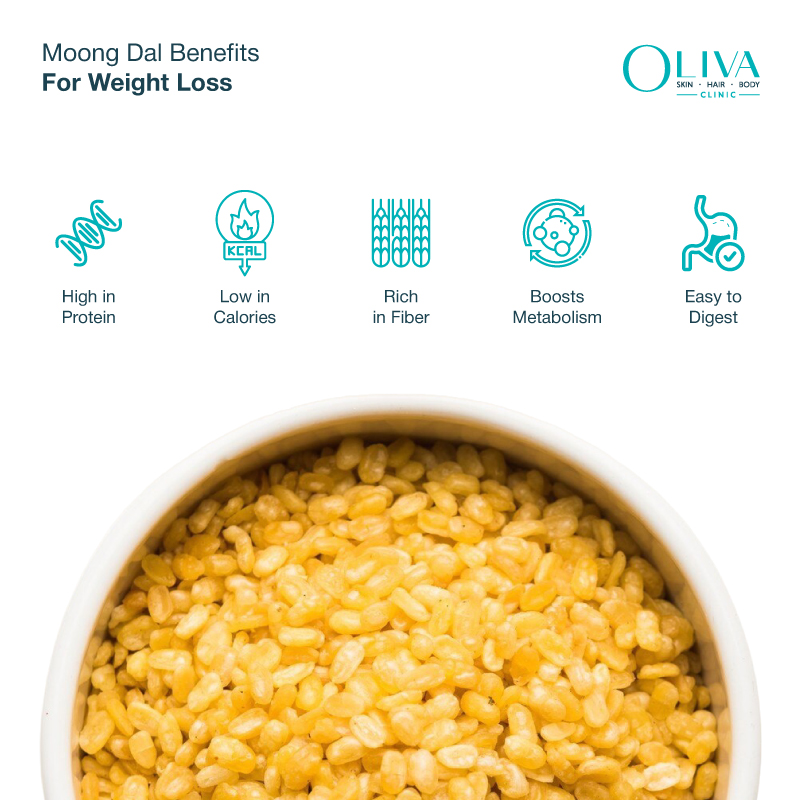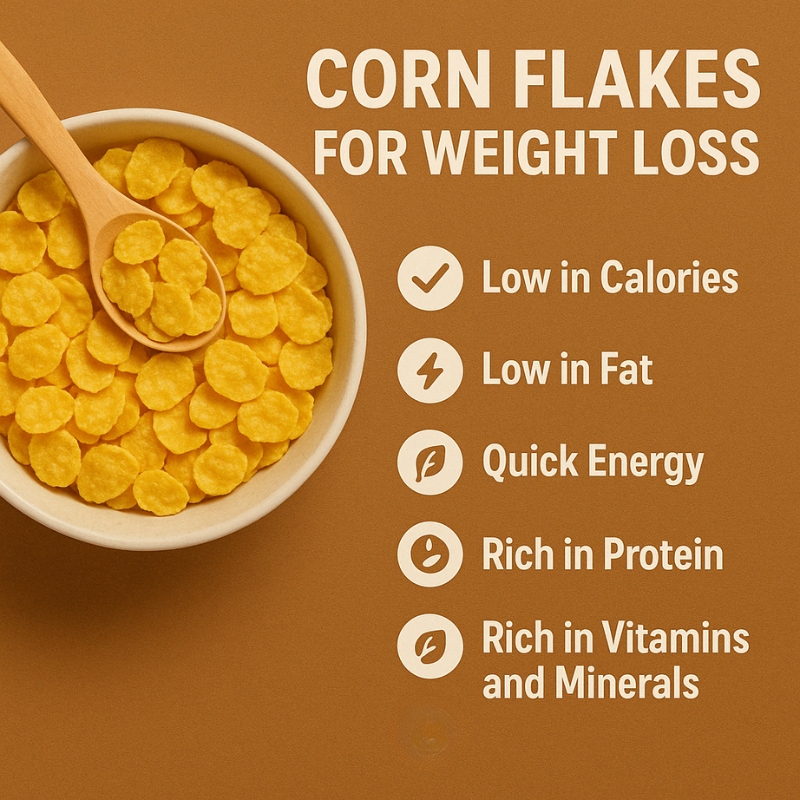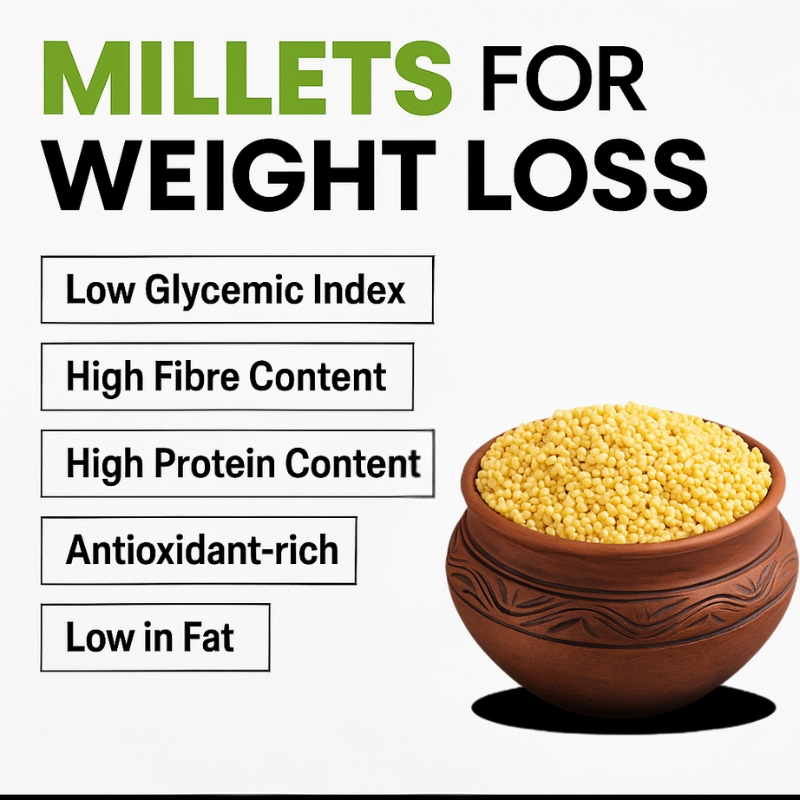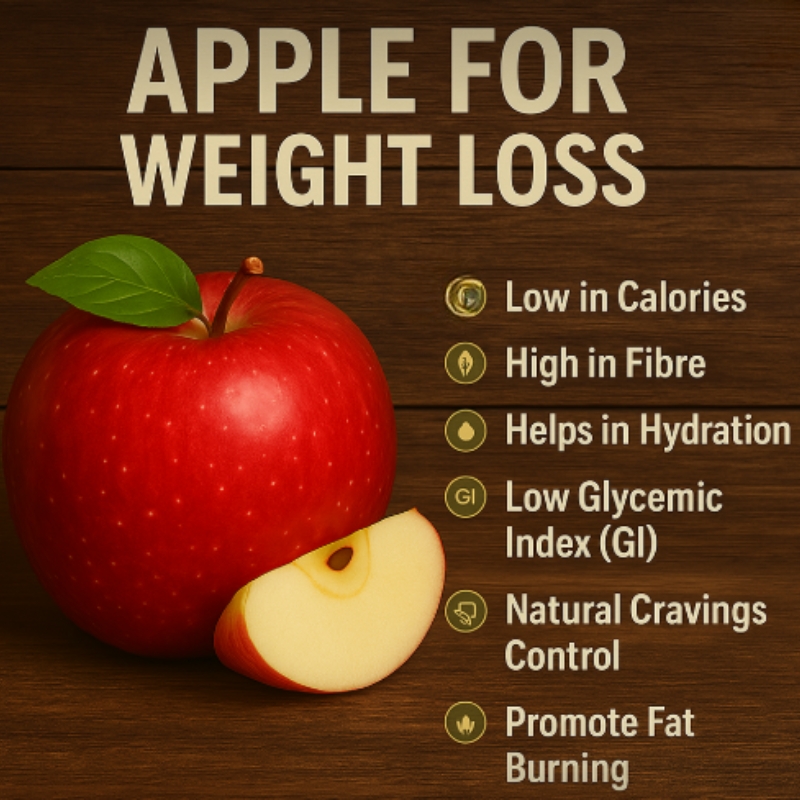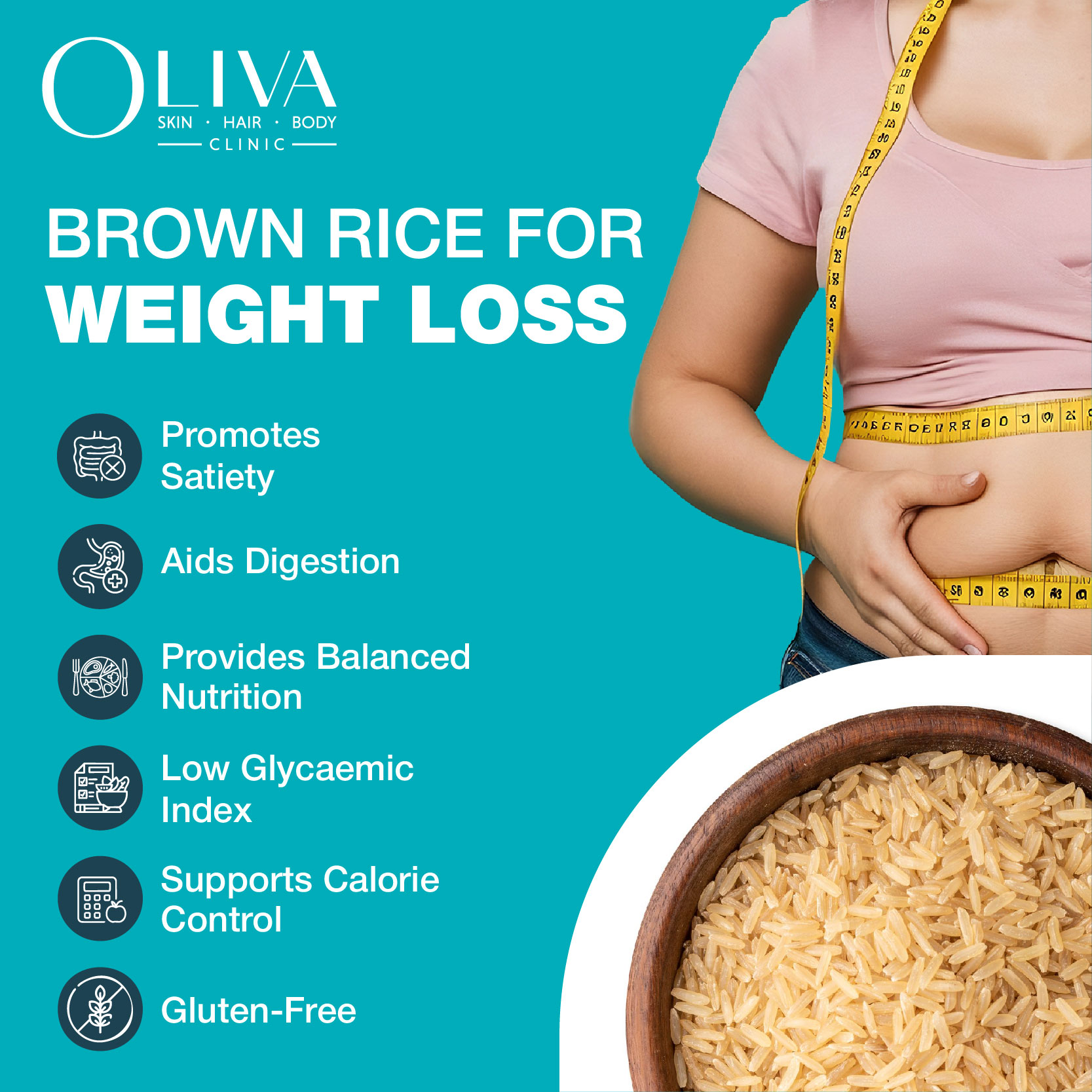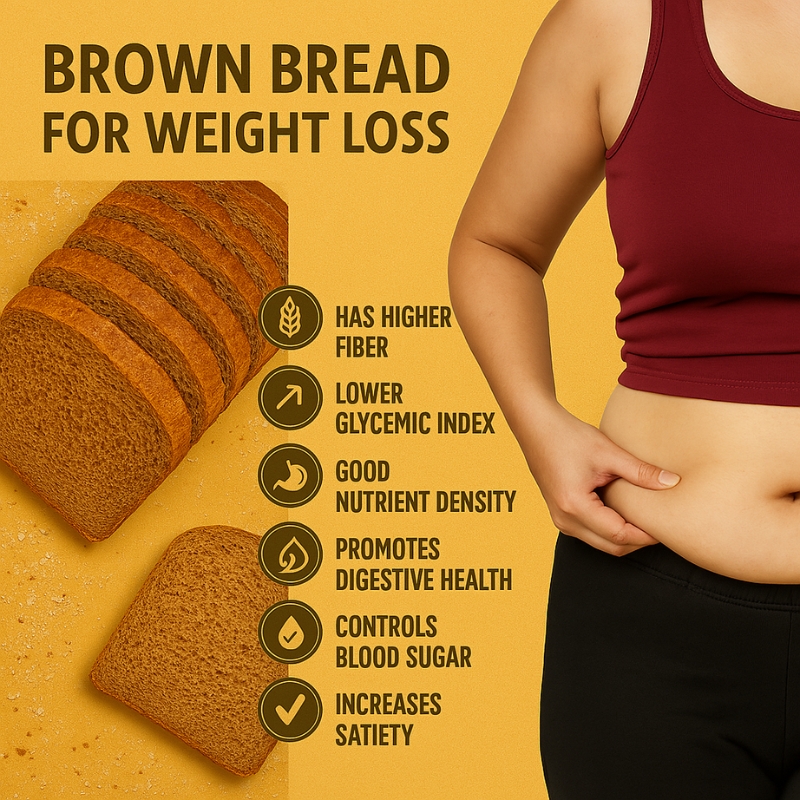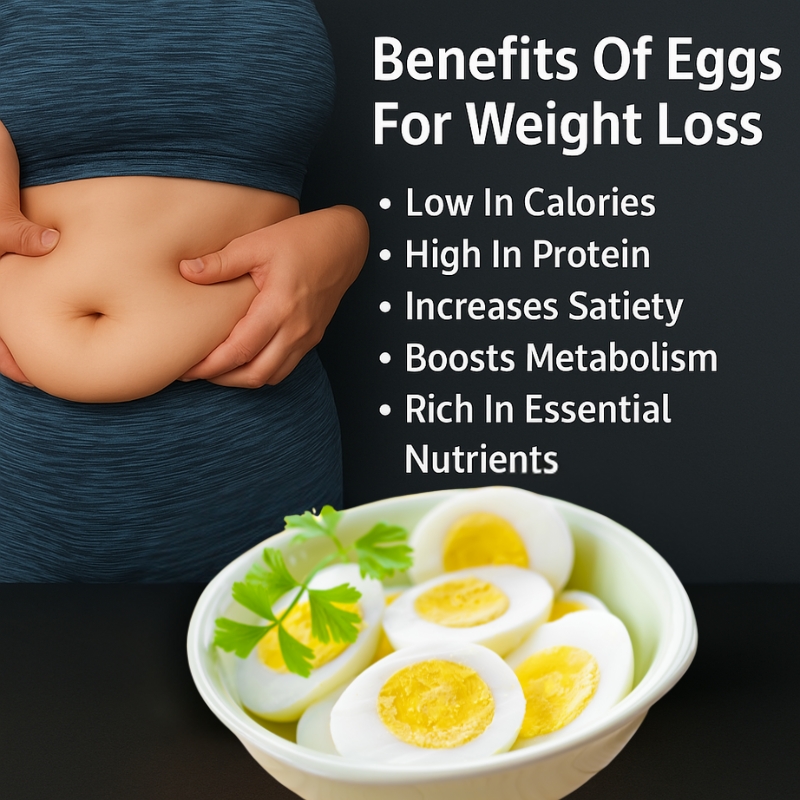Weight Loss
In this category, you will get all types of Weight loss related articles such as weight loss exercise, diet plans etc. Do check out to know more!
Top 10 Foods To Boost Your Immune System!
A robust immune system is crucial for fighting infections and keeping your body free healthy. The immune system keeps various pathogens, viruses, bacteria, and other harmful pathogens from invading our body by triggering an immune response that produces specific antibodies to kill those infection-causing pathogens. The good news is that...
Moong Dal for Weight Loss: Know The Benefits, Nutrition Profile & How to Use
Moong dal is nutritious and highly beneficial for weight loss. You can adapt it to any meal, make it delicious, and enjoy it guilt-free thanks to its low-calorie and high protein content. In this article, find out how you can have Moong dal for weight loss, its nutritional content, how...
Are Cornflakes Good For Weight Loss? The Truth & Benefits
Cornflakes are a universal breakfast phenomenon. In 1894, Dr John Harvey Kellogg created them at Battle Creek Sanatorium, Michigan, as a healthy, toasted flake of corn for cereal. Dr Kellogg believed digestive well-being was an entryway to overall wellness. [1] Initially they were known for easy digestion and became a...
Millets For Weight Loss: Benefits, Diet Chart & How to Use
Millets are currently the star of diet plans. Health experts around the world recommend millets for weight loss. Well, they do deserve every bit of this attention. These gluten-free whole grains, loaded with protein, fibre and antioxidants, nourish your body, keep your gut clean and aid in weight loss by...
Are Apples Good for Weight Loss? Dietitian Insights & Proven Benefits
Are you looking for a natural and effective way to shed extra pounds? What if we told you that you can have apple for weight loss? Apples are a low-calorie, fibre-rich fruit that helps curb hunger, boost metabolism, and support fat loss. Packed with essential nutrients, they make a perfect...
Is Pumpkin Good For Weight Loss? Know The Benefits & Nutritional Value
If you are focusing on creating an effective weight loss diet, have you heard of using pumpkin for weight loss? Pumpkin is a highly nutritious and versatile vegetable that is perfect for a weight-loss diet due to its low-calorie content. Rich in fibre, pumpkin helps manage hunger and supports digestion,...
Brown Rice For Weight Loss: Know How To Consume, Benefits & Side Effects
Brown rice, a whole-grain variety, has been gaining popularity as a healthier alternative to white rice. It is packed with nutrients, rich in fibre, and offers a lower glycemic index, making it an ideal choice for those aiming for weight loss. Whether in salads, stir-fries, or porridge, brown rice for...
Brown Bread for Weight Loss: Benefits & Best Ways to Eat
Breakfast worldwide is incomplete without bread. But do you know that by simply replacing white bread with brown bread, you can take significant steps in your weight loss journey? White bread is made of refined flour, while brown bread offers the goodness of whole grains. Due to its rich dietary...
Are Eggs Good For Weight Loss? Know The Benefits & Best Ways To Eat
It’s difficult to think of breakfast without including eggs in it. Eggs are versatile for cooking in varied forms. Each of us has a favourite egg recipe that is delicious, fulfilling, and highly nutritious. Do you know that eggs can also play a part in your weight loss journey? Eggs...
2000 Calorie Diet Plan: What To Eat & Avoid, Sample Meal Plan
A 2000-calorie diet plan is a balanced plan that meets most adults' average daily needs in calories, guaranteeing good health and maintaining weight at a healthy level. [1] This plan helps guide appropriate portion sizes and intake of nutrients necessary to provide the proper amount of proteins, fats, and carbohydrates for...



